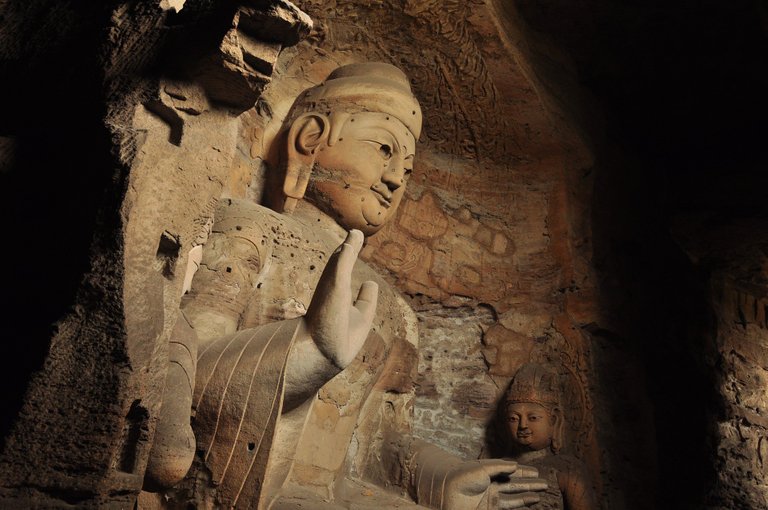
Over the millennia, countless nations and countries have arisen and disappeared into the annals of history, but some have stuck around. It’s impossible to say absolutely which have been around longest, but here are ten of the oldest.
Greece
Greece as we know it hasn’t been around for that long in the grand scheme of things, but Greek civilization basically taught the world the meaning of the word ‘ancient’. Europe’s first advanced civilizations sprouted up in Greece around 3200 BCE, and Athens would see the world’s first democratic system in 508 BCE. Ancient Greek still remains more comprehensible to Modern Greek speakers than Old English does to English speakers, and numerous moments in Greek history have made their way into general Western knowledge and life – take the ancient Olympics, for example, or the Battle at Marathon, which inspired the mileage of the modern-day long distance race.
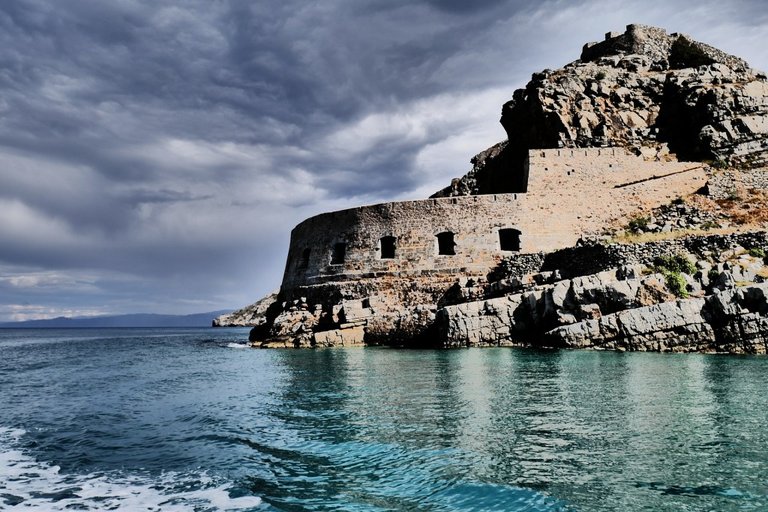
China
China, one of the great cradles of civilization, has always been united. The first dynasty – once thought to be completely mythical – was more recently bolstered by excavations that found the remains of Bronze Age settlements. The first dynasty that boasted a writing system, which is a direct ancestor of modern Chinese writing, the Shang dynasty ruled from the 17th to the 11th century BCE. The Han Dynasty, which lasted from 206 BCE to 220 CE, strengthened China’s union and laid the foundation for cultural elements, such as Confucianism, which are still important in China today.
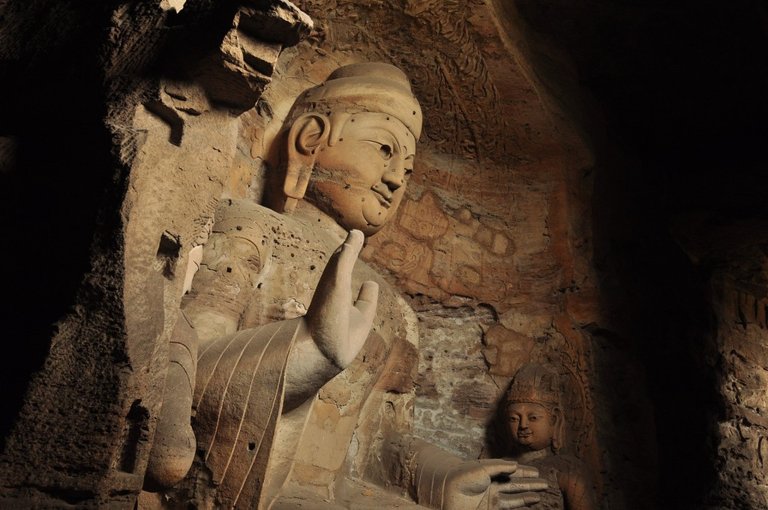
Portugal
While the founding date of 1139 doesn’t exactly place Portugal among the ranks of ancient civilizations, it deserves a place on this list because of the stability of its borders. It was founded as a kingdom in 1139 CE. As the rest of Europe has shuffled through ever-changing borders with various monarchs, empires, republics, and people’s democracies, Portugal has remained Portugal. In case you need more convincing, Portugal was also at the forefront of the Age of Discovery. Though that time was imperialist and detrimental to aboriginal societies, it contributed substantially to creating the world we know today.
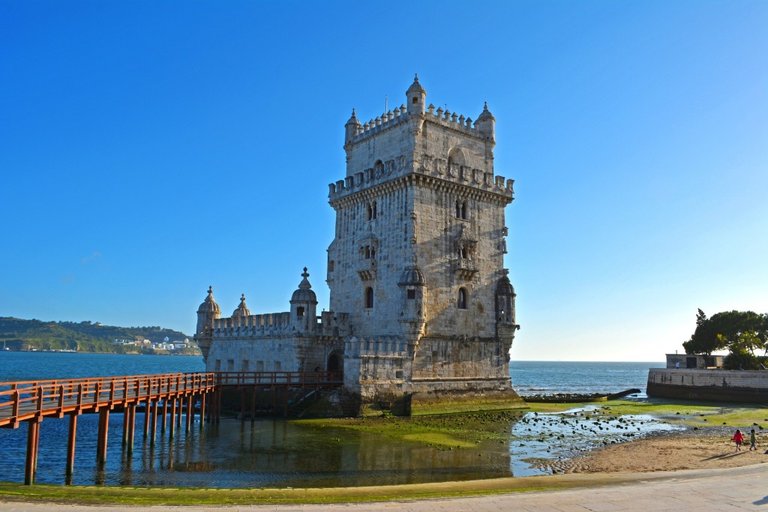
France
Whether you trace France’s founding back to the division of Charlemagne’s Holy Roman Empire (‘Francia’) into three parts in 843 CE, or King Clovis’s accession to the throne in 481 CE, it is undeniable that the country has existed for a long time. And while for centuries, the feudal system granted greater power to vassals than to the actual king (the Duke of Normandy’s conquest of England in 1066 is the perfect example), the nobles were still, nominally at least, subjects of the French monarchy, laying the foundations for a state that has survived until now.

Egypt
Although ancient Egypt as a culture has very few similarities with the Egypt of today, the first cultures that resembled the early Egyptian dynasties began to form as far back as the 6th millennium BCE. Egyptian hieroglyphs, the world’s second oldest writing system after cuneiform, appeared around 3200 BCE, and King Menes formed the first unified kingdom around 3150 BCE. Thirty dynasties later, Egypt came under first Persian and then Greek rule. It came under the rule of the Islamic Caliphate soon after, and it has remained a majority Muslim nation ever since. The modern state of Egypt did not appear until the 20th century, when the Egyptians finally threw off British rule in 1952.
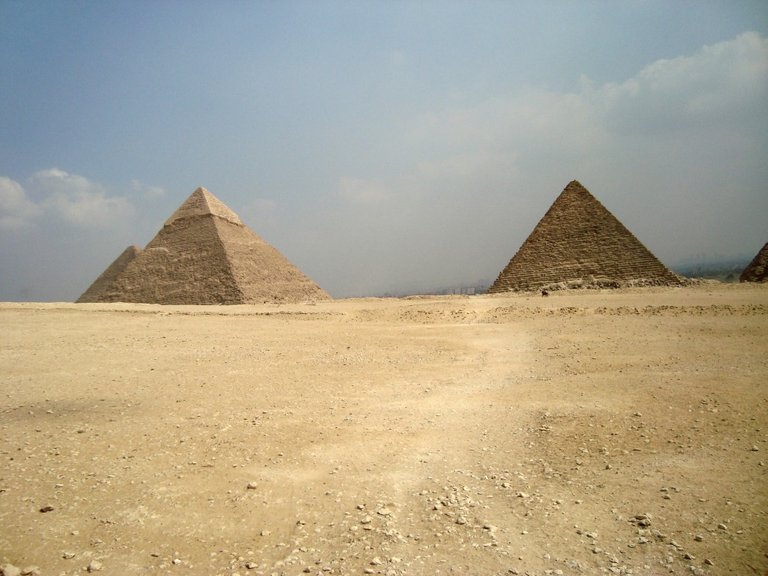
Hi! I am a robot. I just upvoted you! I found similar content that readers might be interested in:
https://theculturetrip.com/europe/greece/articles/the-oldest-countries-and-nations-in-the-world/